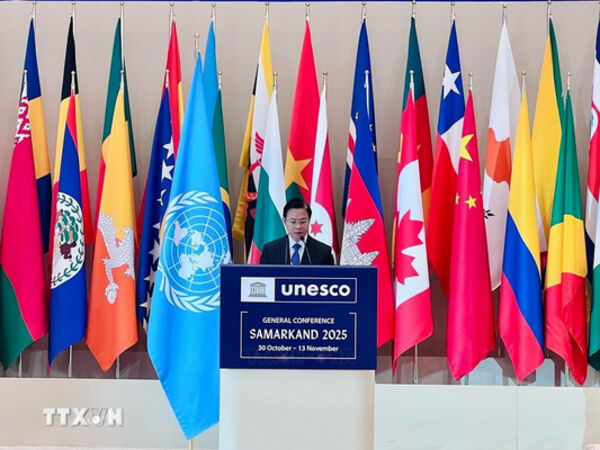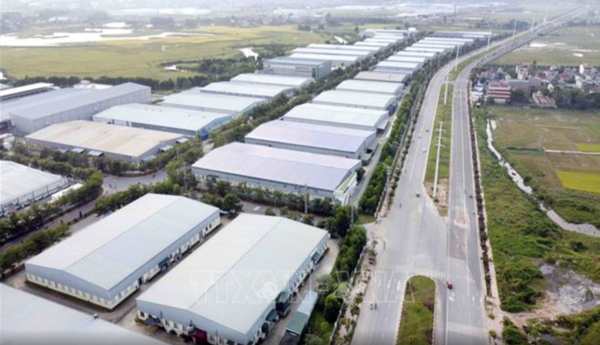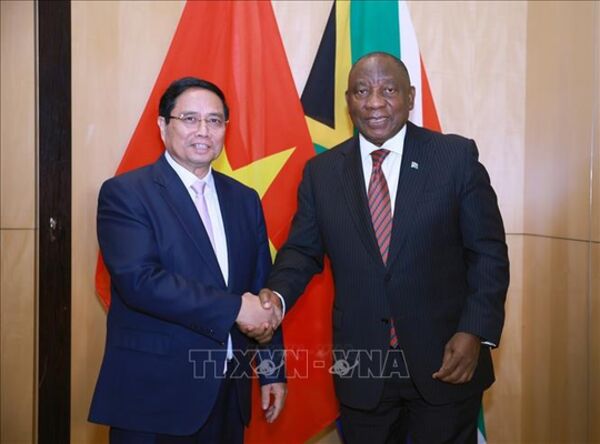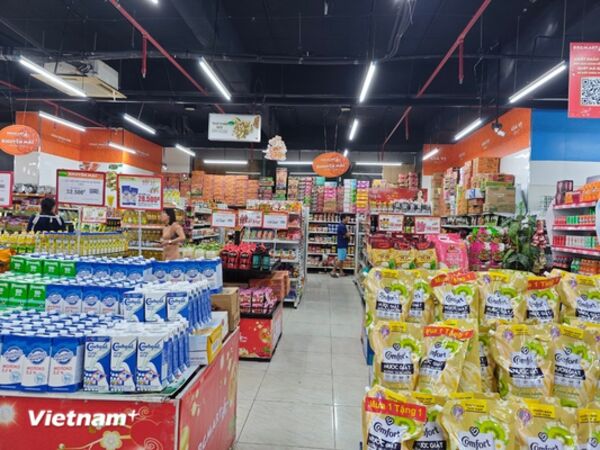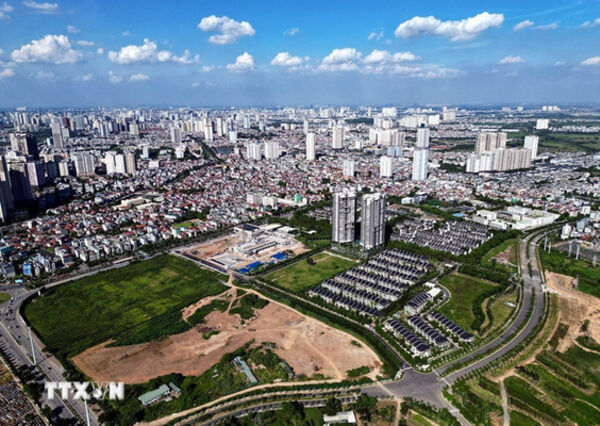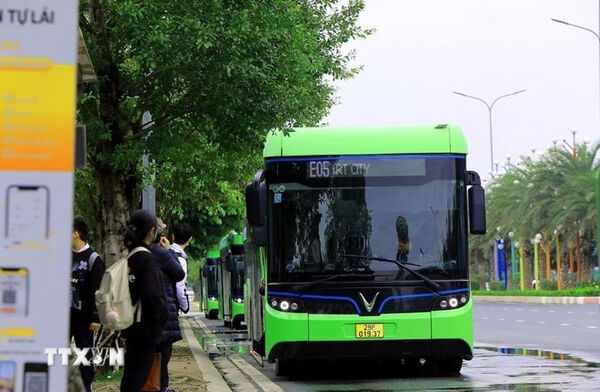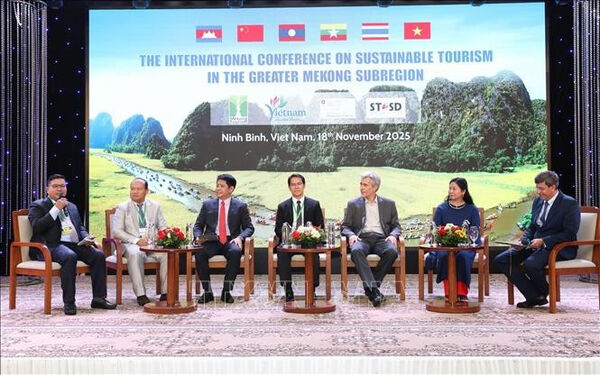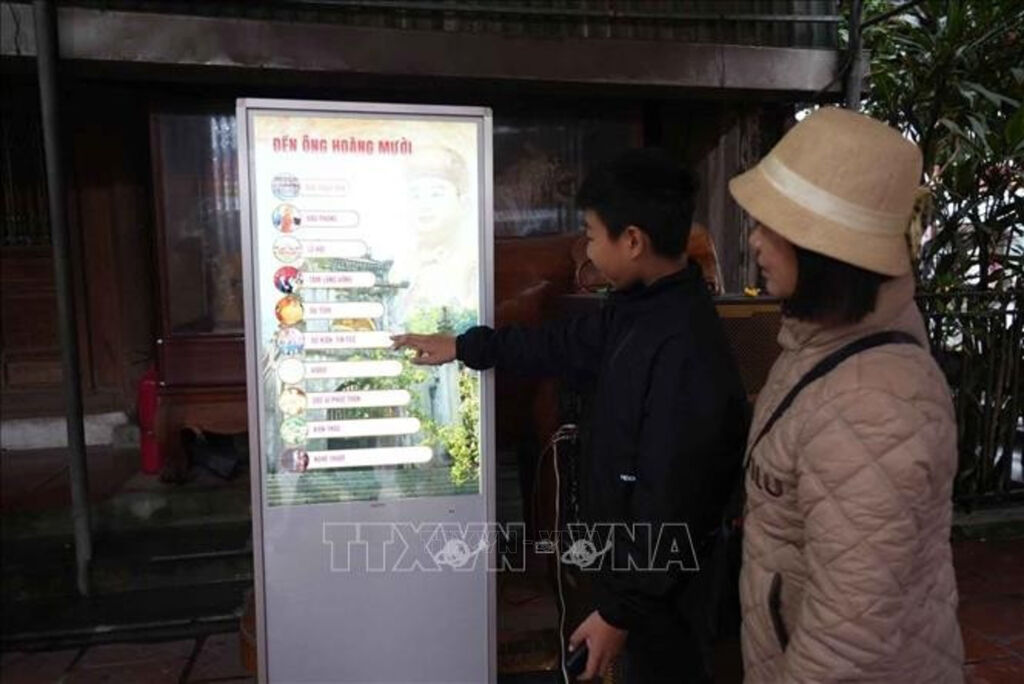 |
| Visitors use a kiosk system to explore a relic site in Nghe An province (Photo: VNA) |
Hanoi (VNA) - The Ministry of Culture, Sports and Tourism has released its digital transformation strategy for the 2025–2030 period.
According to the ministry, digital transformation is defined as an inevitable trend and a strategic driver that directly impacts citizens, businesses, and the creative community across culture, sports, tourism, and family affairs. The strategy focuses on synchronous digital infrastructure, unified sectoral databases, and robust information safety and security to boost state management efficiency and public service delivery.
It is developed in alignment with the data strategy, forming two interconnected, complementary pillars: digital transformation defines goals and directions, while digital data serves as the core foundation to realise them.
By 2030, the ministry aims to fully establish e-government and progress toward digital government in its domains, modernise administrative procedures, overhaul organisational and business models, and foster digital culture and digital citizenship. It also seeks to support broader digital economy growth and the building of a digital society, with a target of delivering all eligible public services fully online and integrated into the National Public Service Portal. Sector-specific digital platforms will be built with openness, security and reliability as their core.
The strategy is structured into two phases. The 2025–2027 period will focus on laying the foundation and accelerating transformation, with priority given to the completion of institutional frameworks, technical infrastructure investment, digitisation of core datasets, and basic digital skill training for officials and citizens. Results from this stage are expected to create critical base for later progress.
From 2028-2030, the emphasis will shift to synchronisation, comprehensiveness and value creation. Building on the established foundation, the phase will drive deeper integration and widespread application of digital technologies and data to generate new value. The goal is to move beyond basic digitisation toward substantive digital transformation, where data becomes a strategic asset, operations are managed intelligently, and digital services deliver high added value to both society and the economy./.
